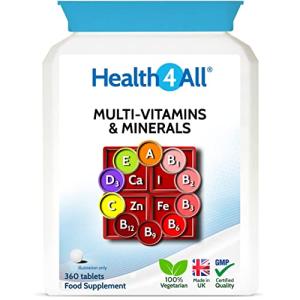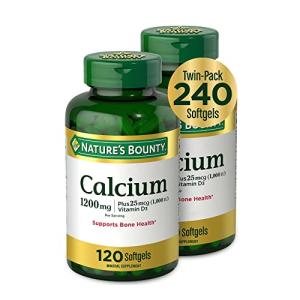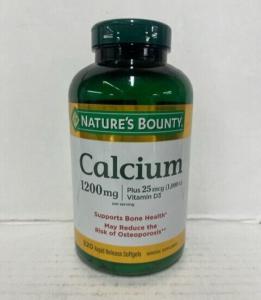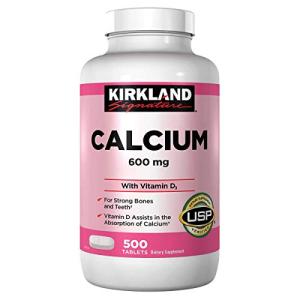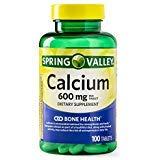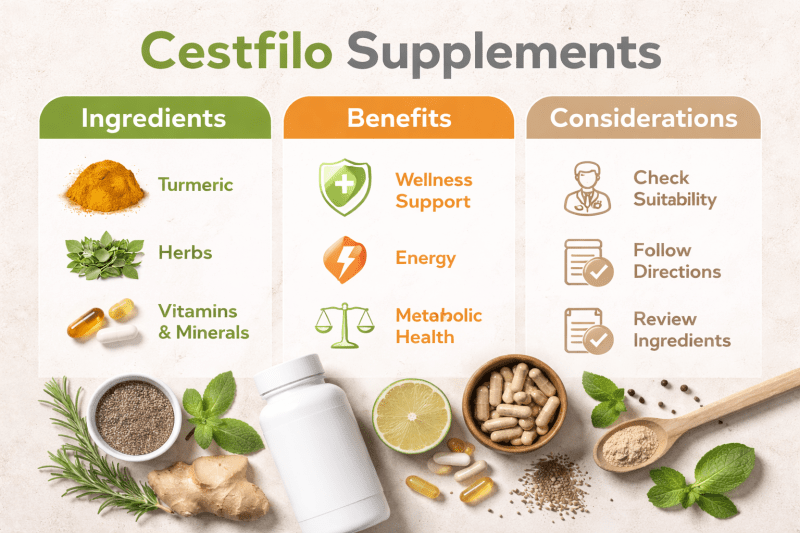Understanding Mineral Supplements: Benefits and Risks
Mineral supplements have gained popularity over the years as people turn towards leading a healthy lifestyle. They can be an effective way of ensuring that the body gets the required minerals that it may be lacking due to environmental factors such as poor soil quality, processed foods, or medical conditions that prevent proper absorption by the body. However, like any other supplement, mineral supplements come with benefits and risks that one must be aware of before incorporating them into their diet.
Benefits of Mineral Supplements
Mineral supplements provide numerous benefits to the body, including:
- Improved bone health: Minerals such as calcium, magnesium, and vitamin D are essential for building strong bones and preventing bone-related conditions such as osteoporosis.
- Increased energy: Minerals such as iron and zinc help the body produce more energy and fight fatigue.
- Better overall health: Minerals such as selenium, chromium, and copper help the body maintain proper organ function, improve immunity, and prevent chronic diseases such as heart disease and cancer.
Risks of Mineral Supplements
Mineral supplements, like other supplements, come with certain risks that one must be aware of:
- Overdose: Excess intake of minerals such as iron, magnesium, and calcium can lead to toxicity and cause adverse health effects such as nausea, vomiting, and even organ damage.
- Interference with medication: Certain minerals such as magnesium, calcium, and iron can interfere with the absorption of medications, leading to decreased effectiveness or even toxicity.
- Allergic reactions: Some mineral supplements may contain allergens or other harmful substances that can cause allergic reactions or other adverse effects in some individuals.
Conclusion
Mineral supplements can be an excellent addition to a healthy lifestyle, and they provide numerous benefits to the body. However, it is essential to be aware of the risks associated with them and consult a healthcare professional before beginning any supplement regimen. With proper guidance, mineral supplements can help promote overall health and wellness and prevent chronic diseases.
Types of Mineral Supplements: Which Ones Do You Need?
There are many different types of mineral supplements available on the market, each designed to support your body's unique nutritional needs. In order to determine which mineral supplements you need, it is important to understand the various types and their benefits:
Calcium
Calcium is a mineral essential for bone health and proper nerve and muscle function. It is particularly important for women, as they are more likely to develop osteoporosis later in life. Calcium supplements are available in a variety of forms, including chewable tablets, capsules, and liquids.
Magnesium
Magnesium supports healthy bone and muscle function, as well as nerve transmission and energy production. It is also involved in over 300 enzymatic reactions in the body. Magnesium supplements are available in a variety of forms, including tablets, capsules, and powders.
Zinc
Zinc is important for immune function, wound healing, and normal growth and development. It also acts as an antioxidant and helps to protect against cellular damage. Zinc supplements are available in a variety of forms, including tablets, capsules, and lozenges.
Selenium
Selenium is an important antioxidant that helps to protect against cellular damage and lowers the risk of chronic diseases. It also plays a role in cognitive function and thyroid health. Selenium supplements are available in a variety of forms, including tablets and capsules.
Iron
Iron is essential for the production of red blood cells and the transport of oxygen throughout the body. It is particularly important for women, as they are more likely to develop anemia. Iron supplements are available in a variety of forms, including tablets and capsules.
Speak with your healthcare provider to determine which mineral supplements are right for you based on your individual needs and health status.
How to Choose the Best Mineral Supplements for Your Health Needs
Choosing the right mineral supplement can be overwhelming with so many options available in the market. Here are some tips that can help you select the best mineral supplement for your health needs:
1. Consult a healthcare professional
Before choosing a mineral supplement, it is important to consult with a healthcare professional. They can advise you on the best mineral supplement based on your health needs and ensure that the supplement does not interact with any medications you are taking.
2. Look for chelated minerals
Chelated minerals are minerals that are bound with amino acids, which helps with absorption in the body. Look for mineral supplements that contain chelated minerals for better absorption.
3. Choose the right dosage
The dosage of the mineral supplement you choose is important. Too much or too little of a mineral can have negative effects on your health. A healthcare professional can advise you on the right dosage of the mineral supplement.
4. Consider the form of the mineral supplement
Mineral supplements are available in various forms such as tablets, capsules, powders, and liquids. Choose a form that is convenient for you to take and suits your lifestyle.
5. Quality matters
Ensure that the mineral supplement you choose is of high quality and meets industry standards. Look for supplements that are third-party certified for purity and potency.
Choosing the right mineral supplement can improve your overall health and wellbeing. Use these tips to choose the best mineral supplement for your health needs.
Health4All Daily Multivitamins & Minerals 360 Tablets
Get all the essential nutrients you need every day in just one convenient tablet
Product information
$16.22
Product Review Score
4.35 out of 5 stars
112 reviews
